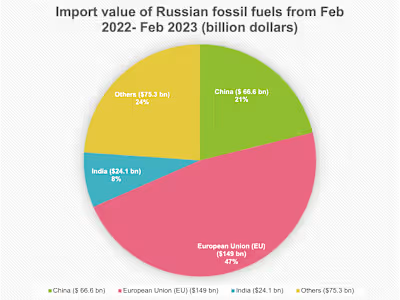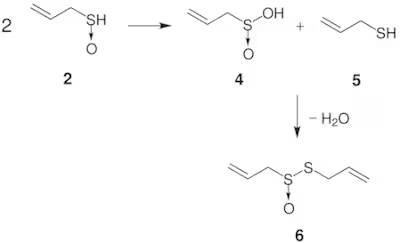Why segregate waste? (especially for my fellow Indians)
Do you ever wonder why segregate waste? Have you questioned what happens to the waste collected from our homes? India's urban population is over 30% today and would cross 50% by 2050. Cities are constantly expanding. With increasing urbanization, the problem of waste management is also rising. We can contribute our bit to waste management by segregating waste at our homes. So, more and more of it gets properly treated.
Let me tell you some reasons:
1. Open dumping and burning practiced in small towns, villages, and some cities release toxic gases.
2. Letting untreated waste create hills and mountains in waste dump yards is also hazardous and unhealthy for the surrounding environment.
3. Landfilling untreated waste is again harmful as toxic chemicals leak into the soil and underground water reservoirs. With increasing waste every year, landfills would continually occupy more land areas.
4. Last but not least, waste is a source of free raw materials and energy. It can be utilized as a source of raw materials and energy if the waste is segregated and properly treated.
Therefore, do segregate dry (broken glass items, styrofoam, non-recyclable plastic, coke cans), wet (kitchen waste), recyclable (glass bottles, cardboard, paper, recyclable plastic, wood), and sanitary waste (diapers and napkins) at home to help clean the environment as well as help avoid the spread of infectious diseases. If not all these, at least separate dry and wet waste.
To view or add a comment, sign in
Like this project
Posted Jul 9, 2023
Do you ever wonder why segregate waste? Have you questioned what happens to the waste collected from our homes? India's urban population is over 30% today …
Likes
0
Views
14






